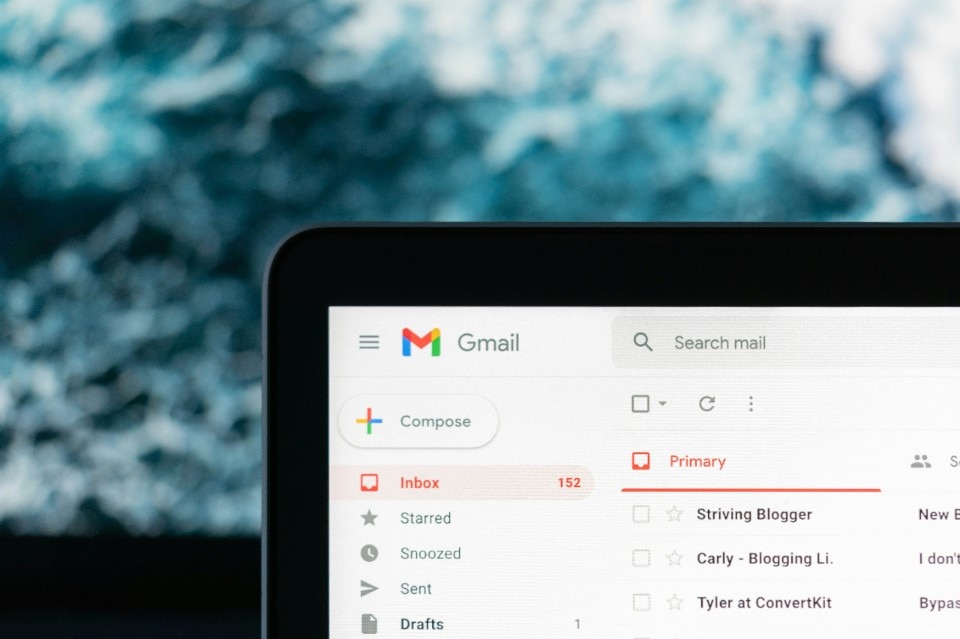Do you have a Gmail account? If you’d ask this question to anyone worldwide, the chance that they would reply “yes” is one in seven: twenty years after its original launch, Gmail is used by more than 1.4 billion people globally.
Gmail’s long-standing success is built on two pillars: a simple and efficient approach to email management that makes it easy to search, categorize, and, in general, work with very large libraries of messages; a fundamental integration into everything Google, which makes a Gmail account way more important than a tool for sending and receiving digital messages.
Gmail is an outlier in a tech world where constant renewal is almost a prerequisite for long-term sustainability. The service underwent only a few major redesigns that modernized the interface and gradually tried new ways of integrating Gmail with other Google products. Nonetheless, Gmail's fundamental look on the Web has remained surprisingly similar to the original structure of the service from the mid-aughts, while other Google attempts at disrupting its email communication service in-house (Google Wave and Circles, to name a few) came and went.
Because of the nature of Email itself, Gmail is still going strong after the equivalent of a couple of geological eras in Internet terms. Like search and the Web, Google has been capable of winning over a large number of customers and convincing them that Gmail is Email, just like the reassuring single-line input form of Google Search is the Internet for a disturbingly large number of people.
Will any new service ever be able to take Gmail’s place in the future?

Email has proven to be extremely resilient: despite continuous attempts at disruption, it remained strong and fundamentally unchanged. This is largely due to the robustness of email protocols, which have stood the test of time and continue to be the backbone of asynchronous communication.
What has changed drastically, though, is the role of Email in interpersonal communication. When was the last time you sent an email from a friend to tell them how your life was going, or when did you receive the electronic equivalent of a “letter”? Social networks and instant messaging have overtaken Email in friend-to-friend communication, and there’s no way back.
In businesses, tools like Slack, Trello, Jira, and more have all replaced Email as an organizational tool, and that’s great—Email has always been unfit for managing threading and conversations with more than a very low number of people.
These use cases were disrupted when better solutions came along. Yet, there hasn’t been one solution that has proven to be better than good old Email when it comes to managing the simple and abstract concept of asynchronous communication. All the services that claim they could revolutionize Email are built on the idea of bending the protocols and the fundamental email structure in ways that have never been intended for them.
At the end of the day, Email is hard to disrupt or kill because it’s not a company or a single commercial service but rather a collection of decentralized standards (namely, SMTP, RFC 5322, MIME, POP3, and IMAP4).
This brings us back to Gmail, which is not a standard but rather a commercial service run by a gigantic company. With 1.4 billion users, Gmail has itself become a sort of privately-owned infrastructural service, and as such it is extremely hard to disrupt effectively. So, will any new service ever be able to take Gmail’s place in the future? That’s a very open question for the next 20 years—and competition regulators.
Opening image: photo Solen Feyissa on Unsplash


